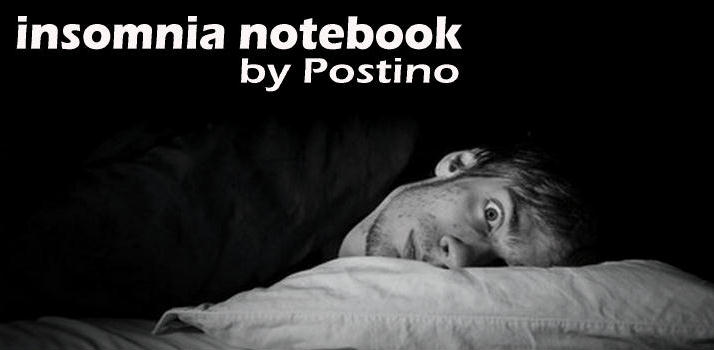Why hadn’t I seen it before? I’ve had thirty-seven years to catch it, but didn’t.
I approached the movie with a perception I had built in my mind since its release in 1975. It is an anti-establishment parable, after all. It is about the rebel (Jack Nicholson as R. P. McMurphy) against the system (personified by Louise Fletcher as Nurse Ratched). I was prepared then to hate Ratched, to cheer on McMurphy.
When I was in my twenties I would have seen McMurphy as a rebel I could respect and cheer for. But last Saturday night I saw McMurphy not as a rebel, but a destructive force in a system. He’s charismatic and leads the mental patients in a revolt, which is less commendable because McMurphy has selfish motives. He wants to escape, so it’s not rebellion, it’s just part of McMurphy's criminal behavior. He was sent to the sanatorium from prison where he was serving a sentence at hard labor. He wanted to avoid that hard labor so he played crazy. He’s not only a criminal, he’s a malingerer. The next night at dinner when we discussed it my younger brother told me my reaction was colored by my age.
 If the movie mentions what he did to act crazy enough to get sent to the mental hospital I missed it. Even during his interview with the psychiatrist at the beginning I didn't get the feeling McMurphy had any mental problems, and wouldn't fool anyone in real life. But this is a movie, so I guess we have to accept the situation.
If the movie mentions what he did to act crazy enough to get sent to the mental hospital I missed it. Even during his interview with the psychiatrist at the beginning I didn't get the feeling McMurphy had any mental problems, and wouldn't fool anyone in real life. But this is a movie, so I guess we have to accept the situation.Because of the set-up we're supposed to see Nurse Ratched (in a star turn of a performance by Fletcher) as “evil,” keeping free spirits like McMurphy down with her strict rules. But I saw her and her staff as being a stable force in a building full of emotionally and mentally damaged men.
 The men want her to relax her rules. One asks why the dormitory is locked during the day. She says it’s because if it was open they’d lie on their bunks and sleep, when they need the interaction with other people to help them get well. Her reason seems perfectly legitimate. So why does Nurse Ratched end up being “atrocious,” as I saw her described on the Internet Movie Database? Well, because she represents the establishment, “filling me up with their rules,” as Paul McCartney sang.
The men want her to relax her rules. One asks why the dormitory is locked during the day. She says it’s because if it was open they’d lie on their bunks and sleep, when they need the interaction with other people to help them get well. Her reason seems perfectly legitimate. So why does Nurse Ratched end up being “atrocious,” as I saw her described on the Internet Movie Database? Well, because she represents the establishment, “filling me up with their rules,” as Paul McCartney sang.There was a time in movies when criminals were turned into likable people we cheer on. (What am I saying? movies still do that.) I like Jack Nicholson the actor, but in a turnabout it’s because his performance as McMurphy was so real that I hated McMurphy the character.
 What a difference a few decades make, eh? The movie came out when I was 28-years-old, and more anti-establishment in my thinking. I ultimately found out that continually bucking the system gets you nothing and nowhere. At some point, much as I hated it, I realized I had to bend to rules. In a closed universe, like the mental institution of One Flew Over the Cuckoo's Nest, the rules become amplified in their effect. In my daily life I can sit in my house and break all the rules I want, but if I go out in public I have to observe them in order to fit into society. A guy like R. P. McMurphy feels he doesn’t need to observe rules no matter where he is, and Nurse Ratched, bless her, is there to make sure that either by force or persuasion she will make him obey the rules of the institution.
What a difference a few decades make, eh? The movie came out when I was 28-years-old, and more anti-establishment in my thinking. I ultimately found out that continually bucking the system gets you nothing and nowhere. At some point, much as I hated it, I realized I had to bend to rules. In a closed universe, like the mental institution of One Flew Over the Cuckoo's Nest, the rules become amplified in their effect. In my daily life I can sit in my house and break all the rules I want, but if I go out in public I have to observe them in order to fit into society. A guy like R. P. McMurphy feels he doesn’t need to observe rules no matter where he is, and Nurse Ratched, bless her, is there to make sure that either by force or persuasion she will make him obey the rules of the institution.It’s a great movie, but I saw it exactly 180 degrees away from where I thought I'd see it. And my brother is right — it has to do with my age.
.

No comments:
Post a Comment